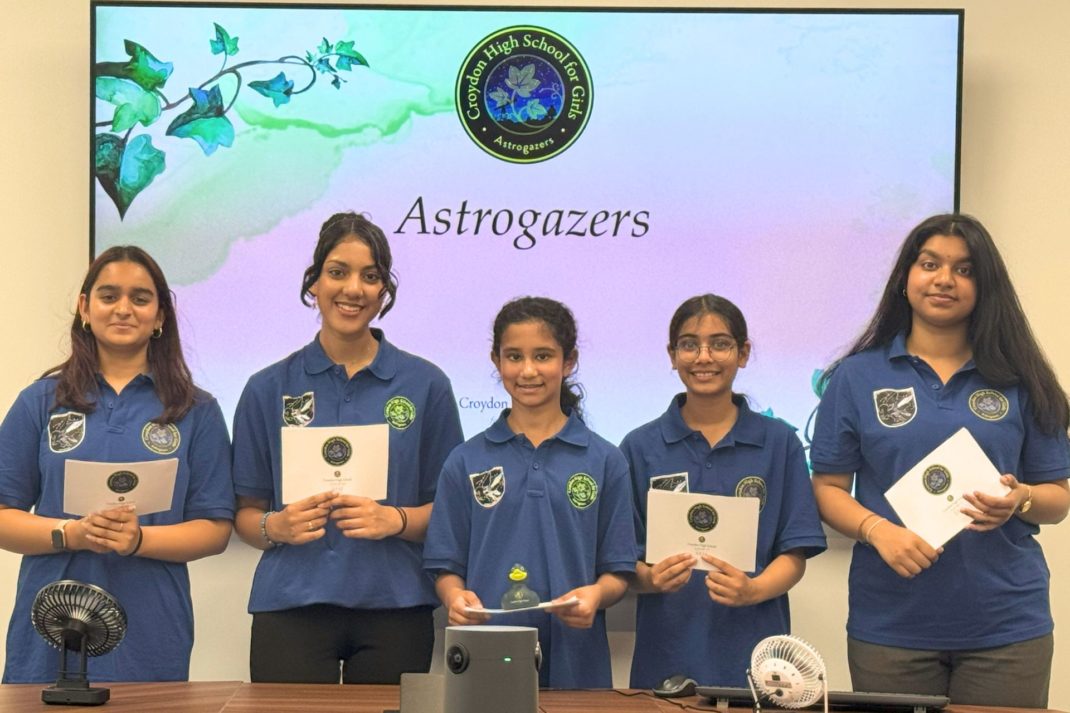BE WOKE
By
5 years ago
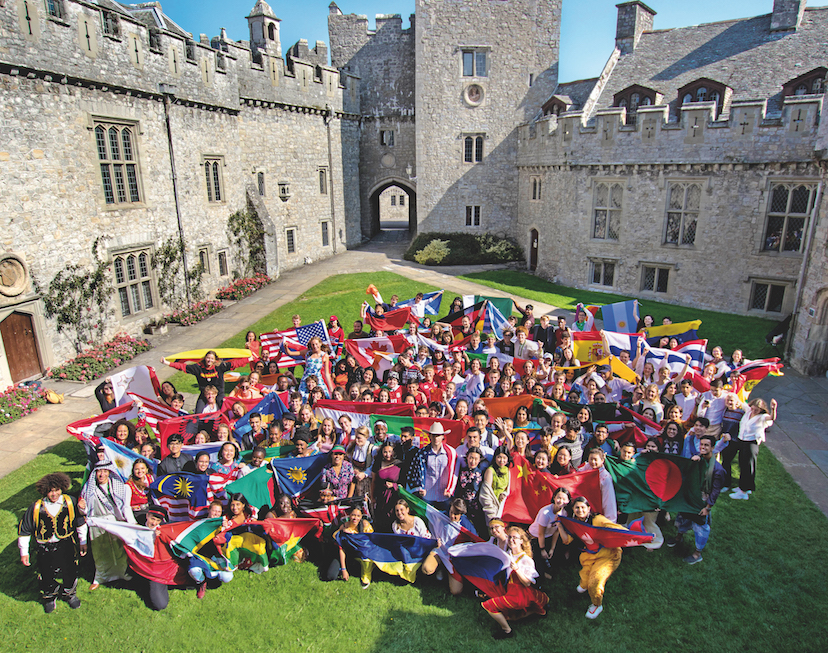
Easier said than done, says Annabel Heseltine, who talks to independent schools about how they manage the sensitive issue of racial and cultural diversity

It is an unfortunate side effect of the movement to bring racial equality to all, and to understand and accept cultural diversity by bringing it up for discussion, that many people would rather not go near the subject for fear of upsetting people and unintentionally provoking antagonistic reactions.
Schools, however, do not, and should not, have the luxury of avoidance. They are, after all, about educating pupils for the world they will be living in. But how to go about understanding, revealing and dealing with the complexity of racial diversity is a matter that is taxing many of them at the moment. A number of whom I approached declined to talk to me as they said they had yet to finalise the details of their response to the escalated demand for racial equality and cultural tolerance, all of which only underlines the sensitivity of the issues they are addressing.
At its simplest, it is easy to understand how if schools focus on the outrage surrounding the death of George Floyd while in police custody, people of other cultural origins who have faced discrimination and persecution like Jewish and Asian people can quite rightly feel aggrieved that they are not being considered.
Lara Pechard, who is head of St Margaret’s School, Bushey, Hertfordshire, a very diverse school with pupils from 27 passport carrying countries, has been leading the way in encouraging open dialogue. ‘It’s about finding the right tone from the first communication,’ she says. ‘It is important not to be defensive, and not to think you have got it right. If you talk about Black Lives Matter, pupils have asked, “but what about Asian lives?” We have pupils from Hong Kong, China, Mexico, Nigeria and a large Jewish contingent. There is so much potential to get it wrong while trying to get it right.’
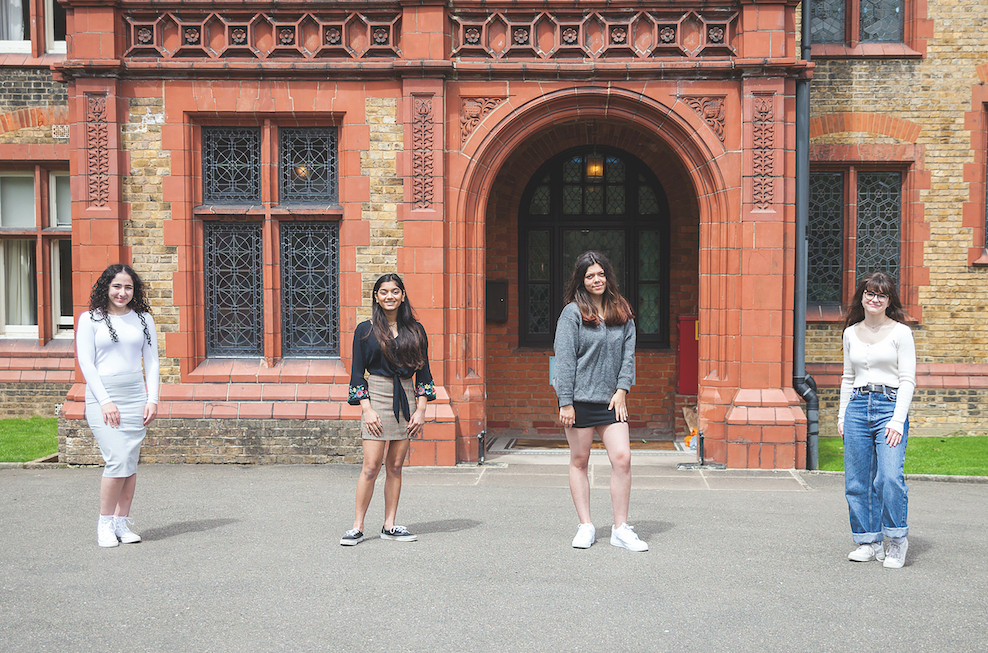
Cheadle Hulme in Stockport responded to the reaction of their pupils to the death of George Floyd by recognising openly the challenging nature of the subject for some of their pupils. ‘It is understandable that we might be tempted to shy away from discussing this subject for fear of saying the wrong thing, or unintentionally causing offence and highlighting our own ignorance. It is imperative, however, that we find the words and work through these challenging times together.’
Irfan Latif, Principal of the sixth-form college, DLD in London agrees. ‘The killing of George Floyd was a seminal moment in our history, and has led to a worldwide movement that we cannot ignore. It’s important we listen and understand the issue that is causing much anxiety, and address it in a way that brings people together. We, as educators, have been given the great responsibility of getting the narrative right; we can mould and influence the next generation of leaders in our society, regardless of colour, religion, sex or faith. Whether it is about being anti-racist, embracing inclusion, appreciating diversity or reflecting upon our own unconscious bias, we have a duty to teach our children what has happened in the past so that we don’t make the same mistakes in the future.’
It is fair to say that many independent schools have gone a long way to address diversity and to promote better understanding among their pupils. From the get-go, prep schools talk about diversity, celebrating and educating their pupils about different festivals be it Passover or Divali, but as pupils rise through the school system, the issues become more complex.
DLD College has around 40 nationalities registered on their books at any one time and is vigilant, rotating special assemblies and offering bespoke menus in their Global Kitchen reflecting the various celebrations, including Ramadan, Chinese New Year, Iranian New Year, Jewish festivals, Easter and Christmas. ‘The students take great pride in the fact that we support them and acknowledge their heritage. This inevitably allows for open discussion and develops a greater understanding amongst our community of the various cultures and differences that we live in,’ says Latif.
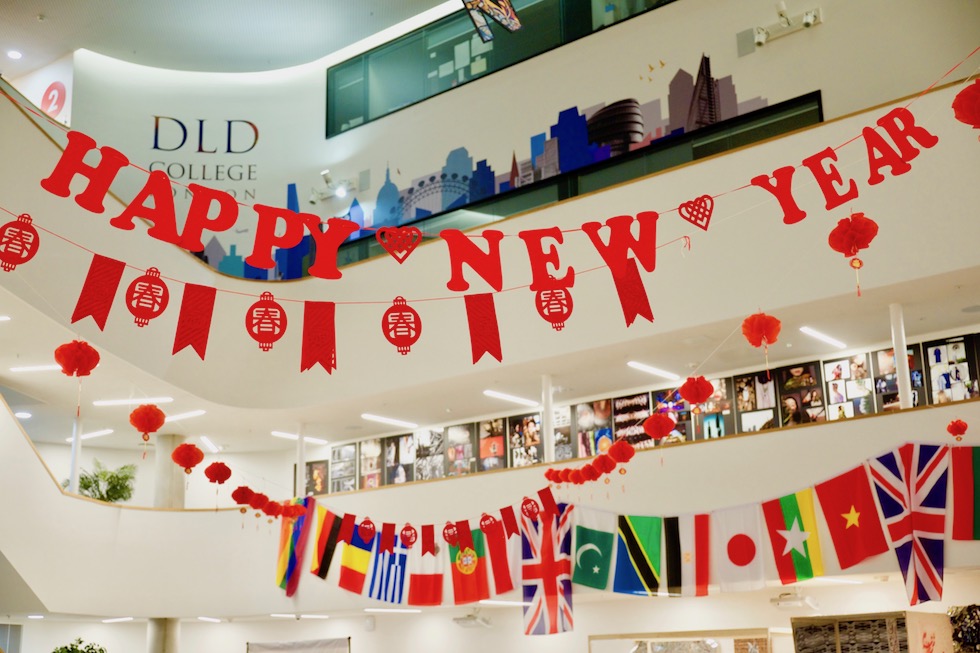
The Royal Hospital School in Suffolk is one of only 11 schools to be nominated as a Stephen Lawrence Ambassador School in the UK because of its commitment to challenging racism and supporting diversity and inclusion. Throughout 2020, RHS has devoted areas of the curriculum to topics that address these issues. In the Lent term, pupils studied a religion and society module, focusing on prejudice and discrimination, examining how the Stephen Lawrence case was a pivotal force for change.
Head of religious studies at RHS, Kellyanne O’Callaghan, acknowledges the importance of their role ‘in ensuring the messages of diversity and inclusion go beyond a slogan and are intrinsic to not only their own day-to-day ethos but also to schools across the country.’
UWC Atlantic (United World College), a sixth-form college in Glamorgan with a worldwide reputation, was founded in 1962 at the height of the Cold War, with a simple guiding mission – to not allow the horror of the world wars to happen again and to use its core focus of serving others to understand and build a common and shared humanity. Its intention is to bring together young people from different nations to act as champions of peace through an education based on shared learning, collaboration and understanding of their different backgrounds and beliefs. First-year pupils are placed in mixed four bed dorms on arrival and the second-year pupils paint their faces with their national flags.
‘We make it clear to students on arrival that meeting and sharing their lives in close proximity with students from other countries, from conflict and war zones, from those politically opposed to their own and from countries they know nothing about, may be the biggest challenge in their lives so far,’ says head of marketing and communications, Elly Witcher. ‘But, a key component of them wanting to study with us is that they want to stop asking “why” and to start asking what they can do.’
After the horrific death of George Floyd, Witcher said that the school held a space for all their students (representing around 90 different countries) to come together to reflect and commit to positive action against all racial injustice; it was a pain that resonated amongst so many who have lost loved ones to similar brutality and racist attacks around the world.
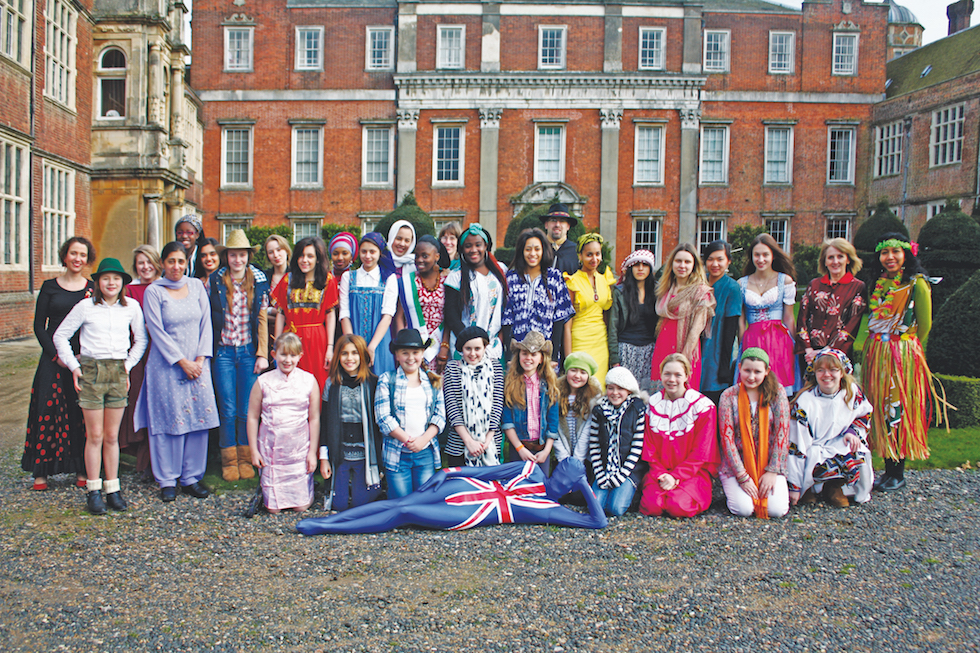
‘A group of students made a powerful and compelling #BLM video, which has been shared on YouTube, and students ran sessions online about understanding racist behaviour in all its guises. These opened dialogue and debate spaces that are set to continue.’
But it’s the subtleties of the subject that are terrifying to deal with. We have come a long way in the past few decades from the days when many English schools were homogeneously white, middle class and English. My parents recognised that I would not sit happily in a conventional English girls’ school back in the 1970s and after rejecting, Holland Park Comprehensive and a Steiner School, they sent me to Cobham Hall in Kent, one of the nine Round Square schools in the UK, which also includes Milton Abbey in Dorset and the Scottish school, Gordonstoun, set up in 1934 by Kurt Hahn a German philosopher who escaped the persecution of Hitler. There are 170 of these schools around the world dedicated to serving the Round Square IDEALS of international understanding, democracy, environmental stewardship, adventure, leadership and service.
The consequence of going to a boarding school with an international mindset was that I was educated in a school that embraced pupils from all cultures. I remember lying in bed listening to a girl from Rhodesia telling me about the racial inequality in Africa and how a school had been burnt down in protest. I had friends from Iran, Indonesia, Laos, Taiwan, India, Angola, Belgium, Thai, Kenya, and Nigeria, some of whom were white, but many weren’t.
I have always considered that globalism was the most important part of my education, setting me up for a international lifestyle way ahead of many of my contemporaries; or so I thought. But a conversation the other day underpinned the lack of awareness and insensitivity that we have been handing out for years, bringing home to me the complexity of true equality.
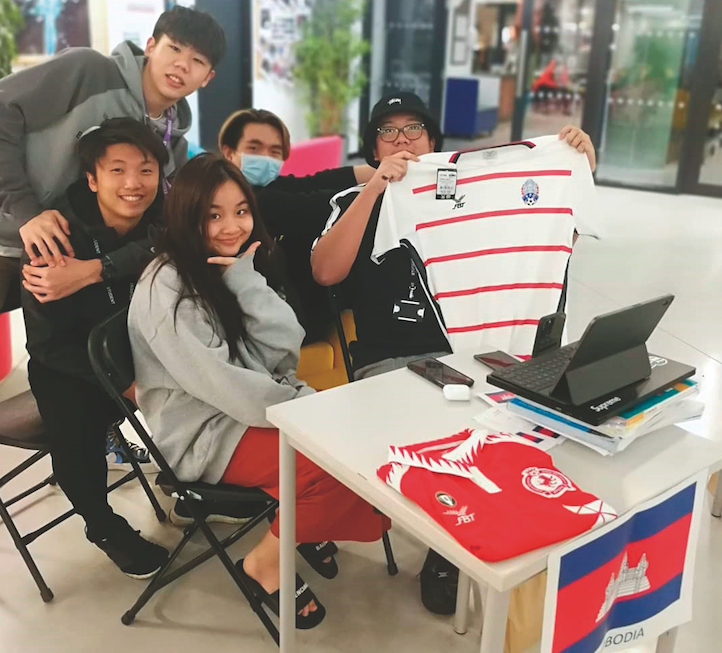
The uniform now prescribes blue tights on the uniform list but when I was there in the 70s, Cobham Hall allowed girls to wear a choice of two colours in tights; pearl grey, or skin. The ‘skin’ coloured tights were beige and of course did not in anyway resemble the skin colour of girls from Asia, Africa or anywhere outside Europe. Nobody thought about it and nobody raised it as an issue, but looking back, I wonder how my Perisan friend or my friend from Rhodesia viewed the irony of being asked to wear those ‘skin’ coloured tights. I realised that unintentionally, in my ignorance and lack of awareness, I had been condoning racial prejudice throughout my life. It’s only recently that sticking plasters and ballet shoes have been brought out in varying tones to reflect different skin colours.
‘That’s just the beginning of the problem,’ says Pechard. ‘Children get really upset by the notion of skin-coloured tights, just as they get upset by the notion of gender-typical uniform and it can be massively confusing for them.
‘But we have to keep talking about it, to give them the confidence to speak about it. And we shouldn’t feel guilty because we are white. This is a difficult topic, for anybody to talk about. I don’t want to upset anybody but we have to forget about ourselves and not to be afraid to get it wrong. There is always that risk but I can apologise for using the wrong word. What I cannot apologise for is ignorance and apathy.’
This article was originally published in the Autumn/Winter 2020 issue of School House Magazine

